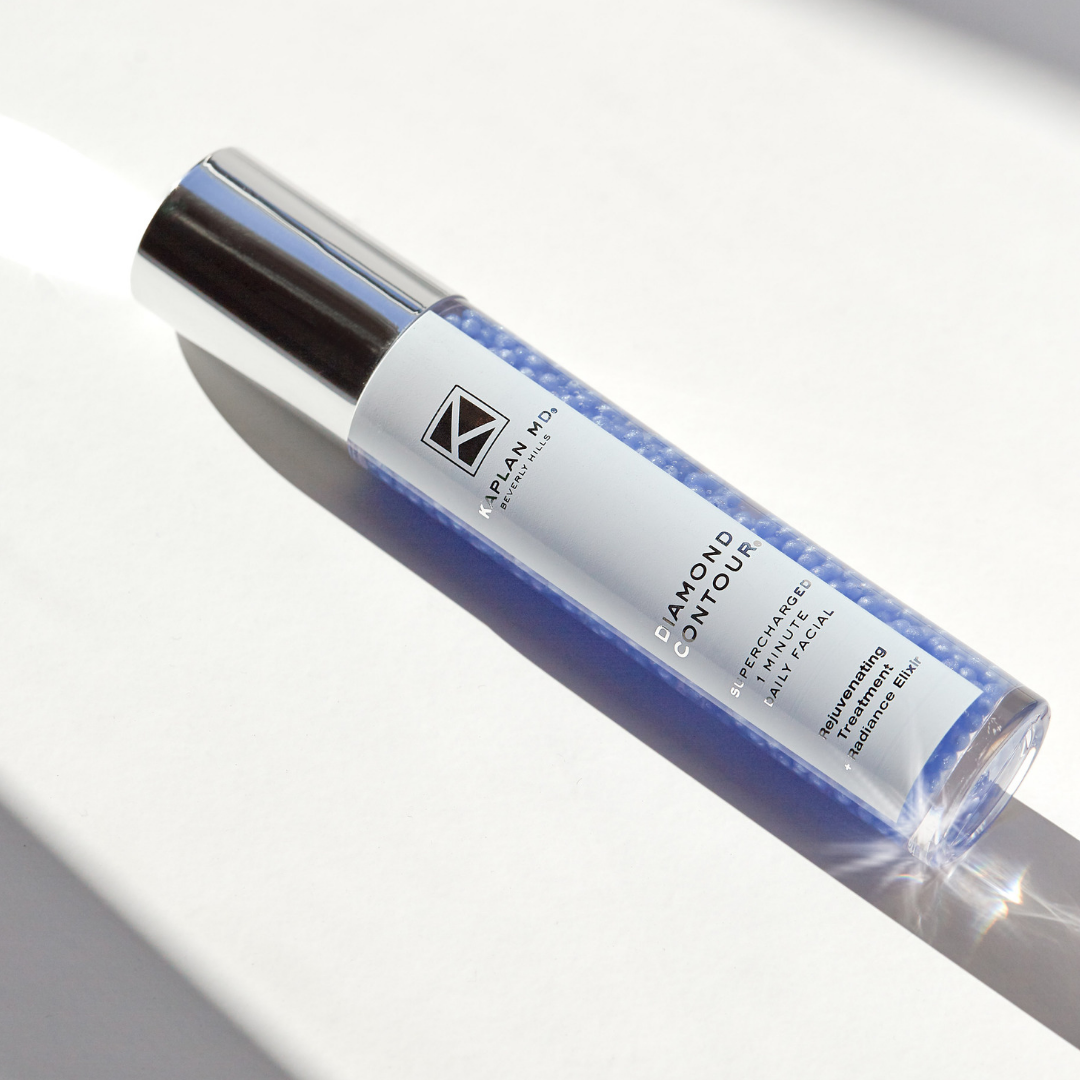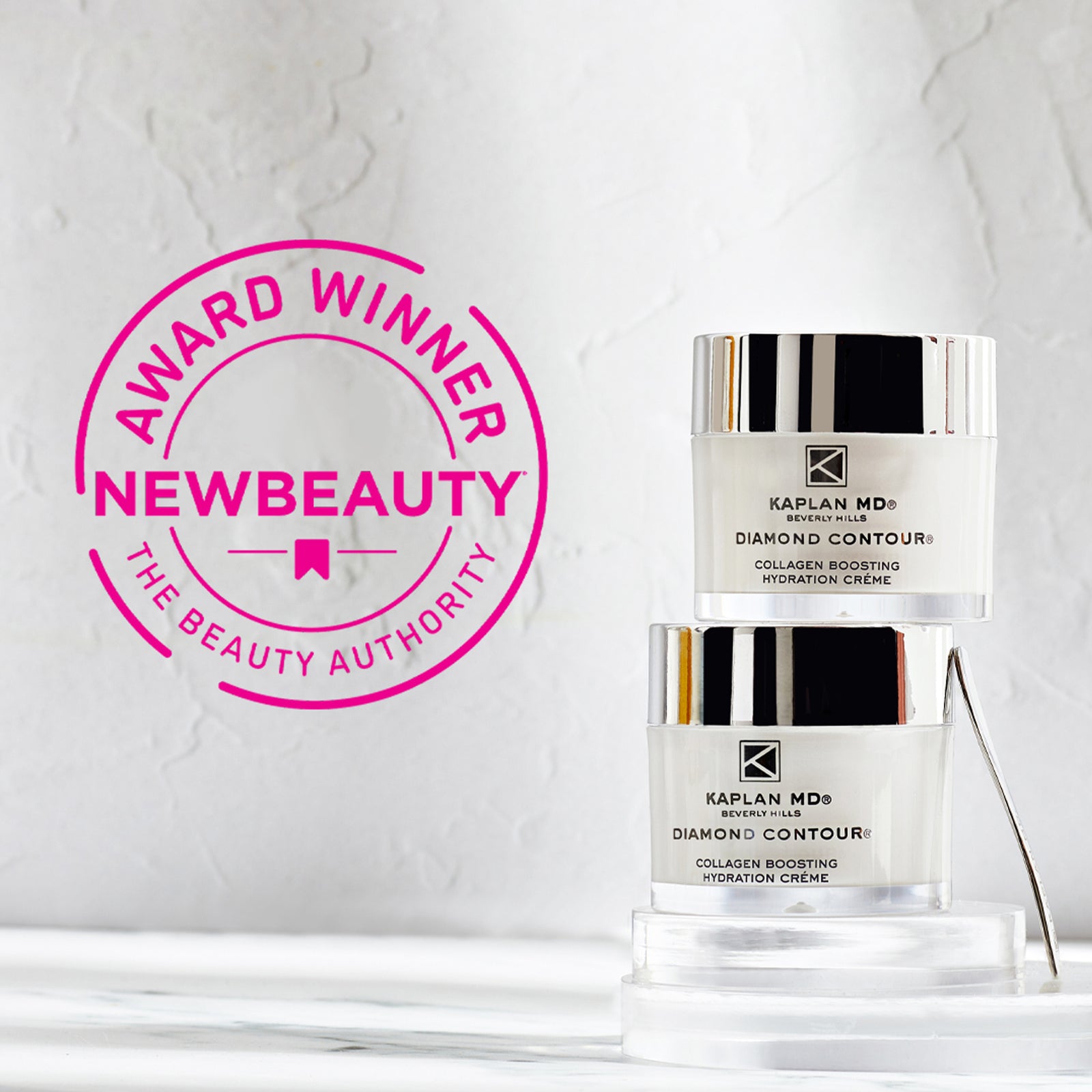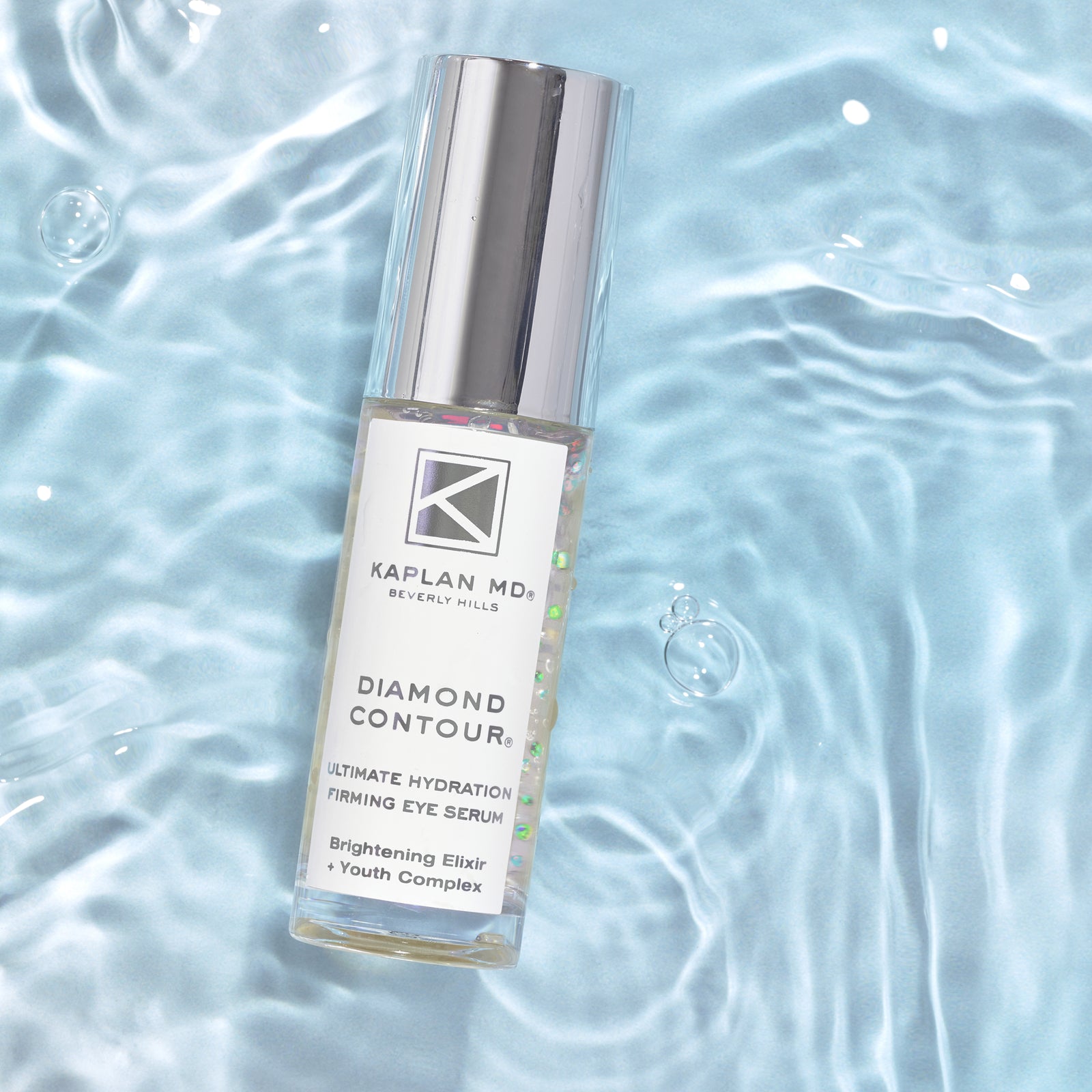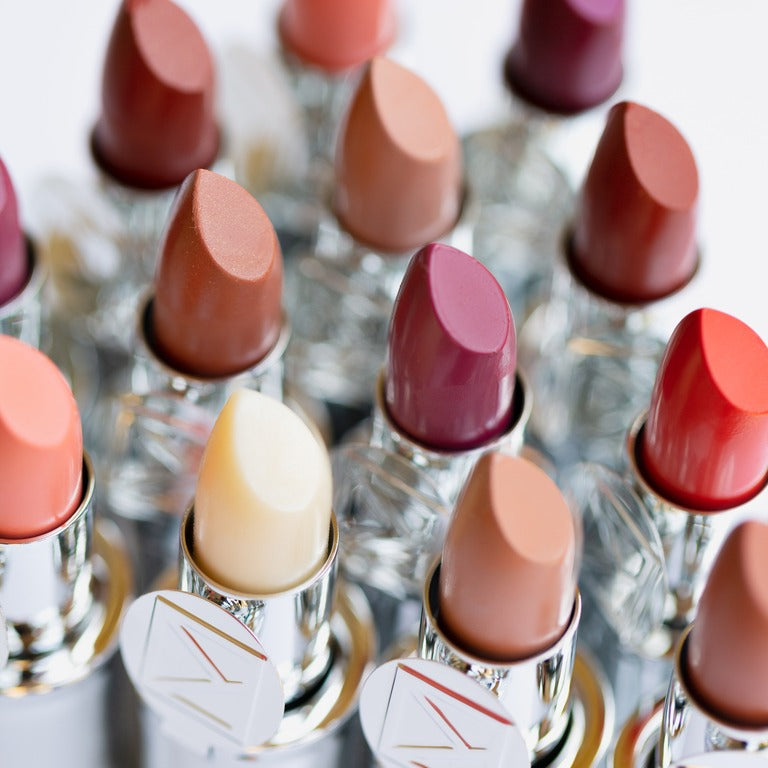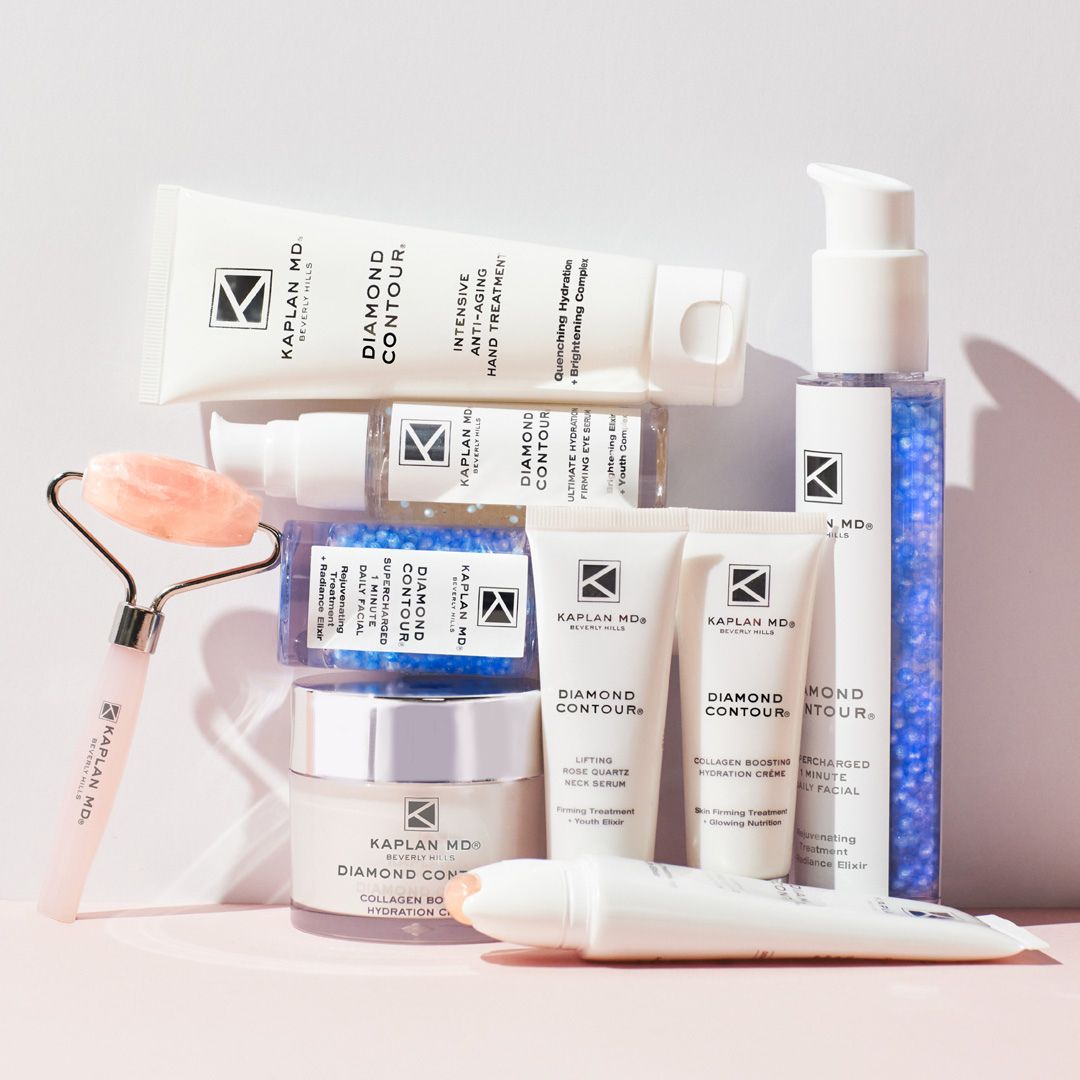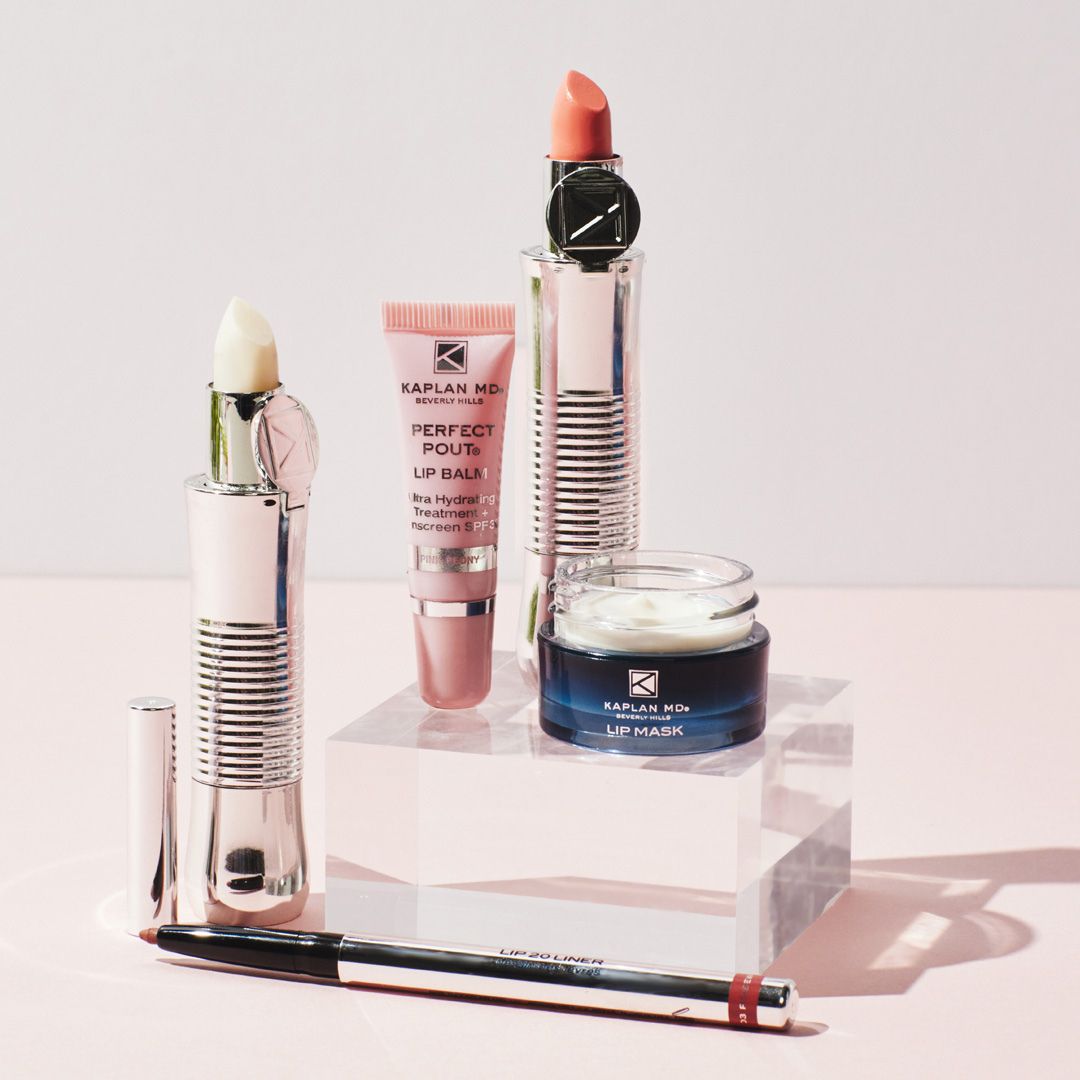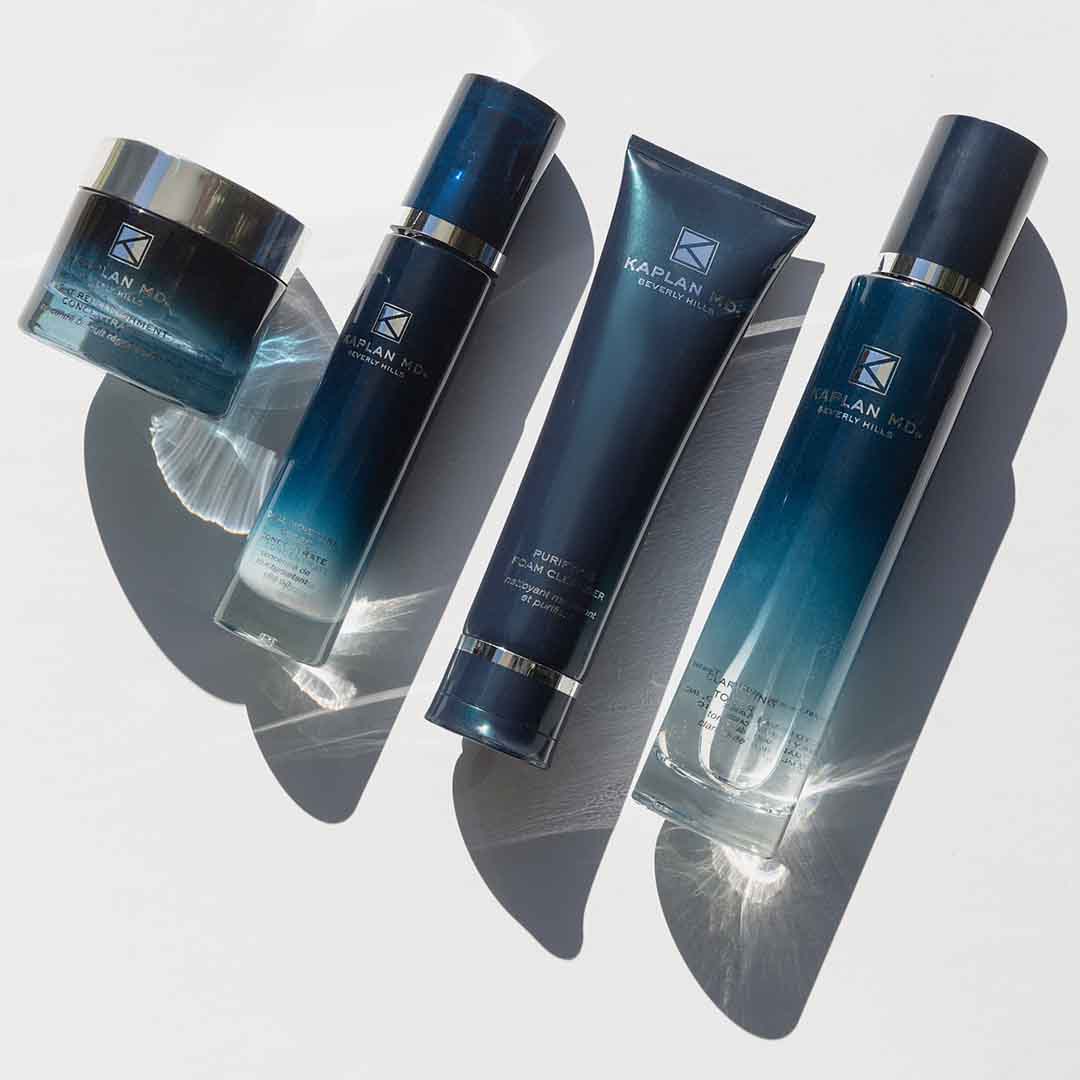Bestsellers
Collections
How nutrition influences skin health
March 09, 2016 3 min read
Discussing some new considerations, Zoe D. Draelos, M.D., says that consumers need to be aware of what they may be ingesting inadvertently and what critical micronutrients may be lacking in their diets.
Zoe Draelos, M.D. “Antioxidants are very important for maintaining skin health and appearance, and fruits and vegetables are a very good source of the two most important antioxidant vitamins C and E. However, consumers should become label readers and take care preparing the foods they eat considering the possibility that pesticides and insecticides used in cultivating these crops may have adverse effects relevant to the skin,” says Dr. Draelos, consulting professor of dermatology, Duke University, Durham, N.C.
“In addition, many people do not realize that selenium is the third most important dietary consumed antioxidant after vitamin C and vitamin E, and today, dietary supplementation may be necessary for avoiding selenium deficiency.”
Cutting edge examination of how insecticides and pesticides used in agriculture affect human health points to the possibility that by acting as hormone disruptors, these chemicals are contributing to obesity, female infertility, metabolic syndrome, thyroid disease, and heart disease.
These potential consequences are only now being appreciated based on findings of recent research with DDT in laboratory animals and observations of humans inadvertently exposed to high levels of dioxin four decades ago.
“The original animal studies conducted to examine the safety of DDT looked only at the first generation of offspring. Now there is evidence that the adverse consequences of exposure to these chemicals may first manifest in later generations, perhaps the fourth or fifth,” Dr. Draelos says.
Skin sensitivities
The dermatologic importance of this information relates to the numerous skin diseases that are associated with obesity and diabetes and the potential for hormone disruptors to be a causal factor in acne, although the latter association requires more research.
With this information in mind, consumers should be careful to wash produce to remove chemical residues and pay attention to where it was grown. While DDT was banned in the United States many years ago, it is still used in other countries,” Dr. Draelos says.
Selenium intake
Dr. Draelos explained that selenium affects the skin because it is a component of major antioxidant enzymes, glutathione peroxidase, and thioredoxin reductase, and it is also critical for overall health.
“Laboratory animals that are deficient in selenium develop cancer and die prematurely, and selenium is an important micronutrient in hyperalimentation formulas and animal lab chow,” Dr. Draelos says.
Whether or not Americans are becoming selenium deficient is unknown because there is no test for measuring selenium levels in the blood. Nevertheless, it is plausible considering that most people get their selenium from eating food grown in selenium-rich soil, and wheat grown in the Midwest has been a major dietary source for this mineral. However, soil selenium content and therefore, the selenium content in wheat has dropped as a result of changes in agriculture business practices.
To circumvent selenium deficiency, Dr. Draelos recommends consumers augment their diet by choosing a multivitamin/mineral supplement containing selenium.
“Selenium is a mineral, not a vitamin, and so it is important to read the product label and make sure selenium is one of the ingredients,” she says.
Via Dermatology Times: http://dermatologytimes.modernmedicine.com/dermatology-times/news/how-nutrition-influences-skin-health?page=0,1
Also in Medical
Get 15% Off Your First Purchase
Stay in the loop with exclusive discounts, expert skincare tips, the latest news, and more. Don't miss out on the opportunity to elevate your skincare routine and save on your favorite products.

